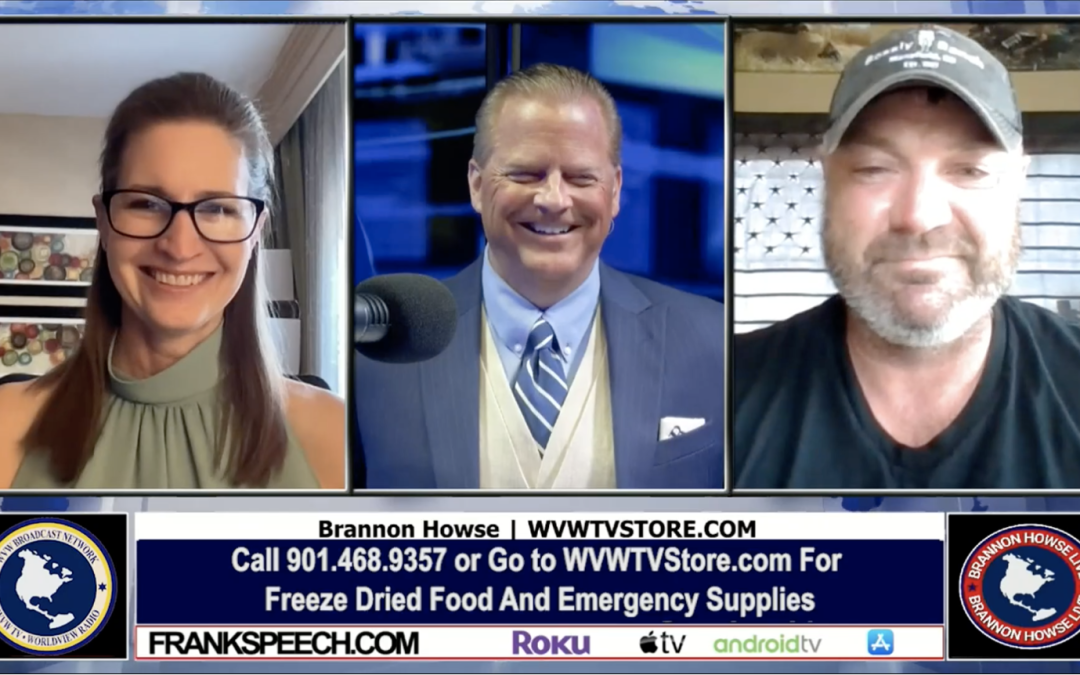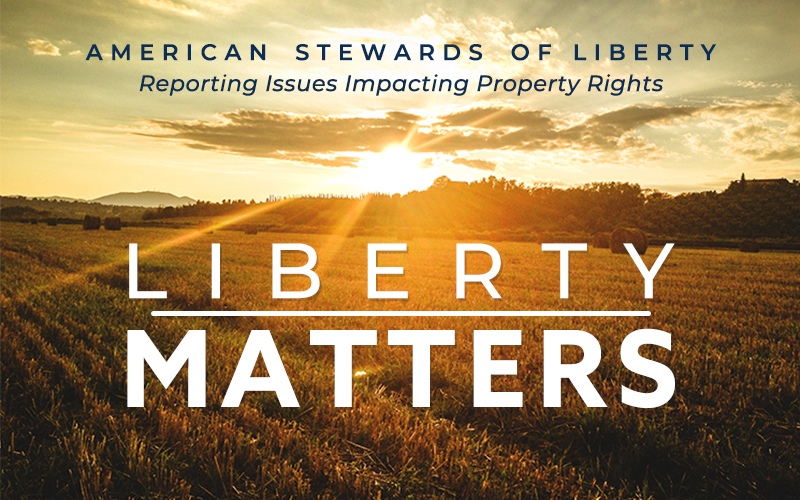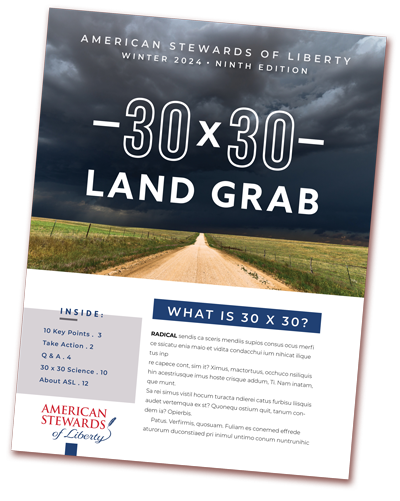By Worldview News Team 9 June, 2023
The Biden administration’s radical land grab in the name of environmentalism is promoted under many global programs such as Agenda 2030, or 30 by 30 which is aimed at permanently seizing 30% of America’s land and oceans in their natural state by 2030.
The radical carbon credit scheme that includes carbon capture pipelines has led to controversy and resistance from Midwest landowners. The implementation of carbon sequestration pipelines have the potential to impact private property rights. Landowners argue that the administration is using the pretext of the climate crisis to justify condemning their land for profit-driven projects. This article sheds light on the experiences of Jared Bosley, a fourth-generation farmer from South Dakota, who is at the forefront of this battle.
Challenging the Climate Crisis Narrative:
Margaret Byfield, in an interview on Brannon Howse Live, expresses frustration over the Biden administration’s reliance on the climate crisis narrative to justify their actions. She argues that the true scientific understanding of climate change is not sufficient to determine the extent of human impact. Byfield suggests that the administration is using the climate crisis as a pretense to push through projects that benefit certain individuals financially, while disregarding the rights of private landowners.
Jared Bosley’s Story:
Jared Bosley, a fourth-generation farmer from South Dakota, shares his personal experience with the encroachment on his land. Bosley highlights that the carbon sequestration pipeline is infringing upon the livelihoods and futures of many landowners in the region. Despite his adherence to the judge’s orders, Bosley claims that surveyors trespassed on his property without permission. False accusations of threats and attempts to tarnish his reputation have further added to the stress and emotional toll on his family. This radical green agenda includes using eminent domain to steal the desired land from the farmers.
When asked if South Dakota Governor Kristi Noem was doing anything to stop this land theft, both Bosley and Byfield described what they believe are conflicts of interest for the governor that are causing her to compromise her constitutional oath and campaign promises.
Bosley reported that when he discussed the plight of his family with the Governor her response was, “do I have to fight all your battles.”
Upon hearing this report for the first time, live on the air, Byfield said she was left speechless to such a reported callous response from Governor Noem.
The Impact on Landowners:
The landowners affected by the pipeline face numerous challenges. Bosley emphasizes that the pipeline’s proposed right-of-way cuts through vital areas such as tree groves, hindering future expansion and agricultural practices. Moreover, the potential risks associated with the pipeline, such as explosions and hazardous gas leaks, pose serious safety concerns for both humans and livestock. Bosley questions the lack of scientific evidence supporting the efficacy of carbon sequestration and the rush to implement such projects despite limited economic resources.
South Dakota’s Cultural Heritage and Livelihood:
Brannon Howse acknowledges the deep cultural heritage and livelihood that agriculture represents for South Dakota landowners. He stresses that farming communities endure harsh weather conditions, strive to make a living, and pass down traditions to future generations. The encroachment of pipelines threatens to disrupt this way of life, leaving landowners with fewer options and compromising their ability to sustain their families and farms.
The Role of Dan Lederman:
In an interesting revelation, it is noted that former South Dakota GOP state chair Dan Lederman serves as a senior advisor on the carbon sequestration pipeline project. This connection raises questions about the involvement of political figures, their family members, donors and numerous potential conflicts of interests surrounding the project.
Conclusion:
The Midwest landowners’ fight against the agenda and the encroachment of carbon sequestration pipelines highlights the tension between environmental conservation goals and private property rights. The experiences of individuals like Jared Bosley demonstrate the emotional and economic toll this conflict has on farming families and their way of life. As the debate continues, it is crucial to seek a balance between environmental preservation and the preservation of individual rights and livelihoods. Margaret Byfield concluded the interview by thanking Brannon for his long track record of using his national platforms to defend America’s farmers, ranchers and their private property rights and their importance to our food supply.





